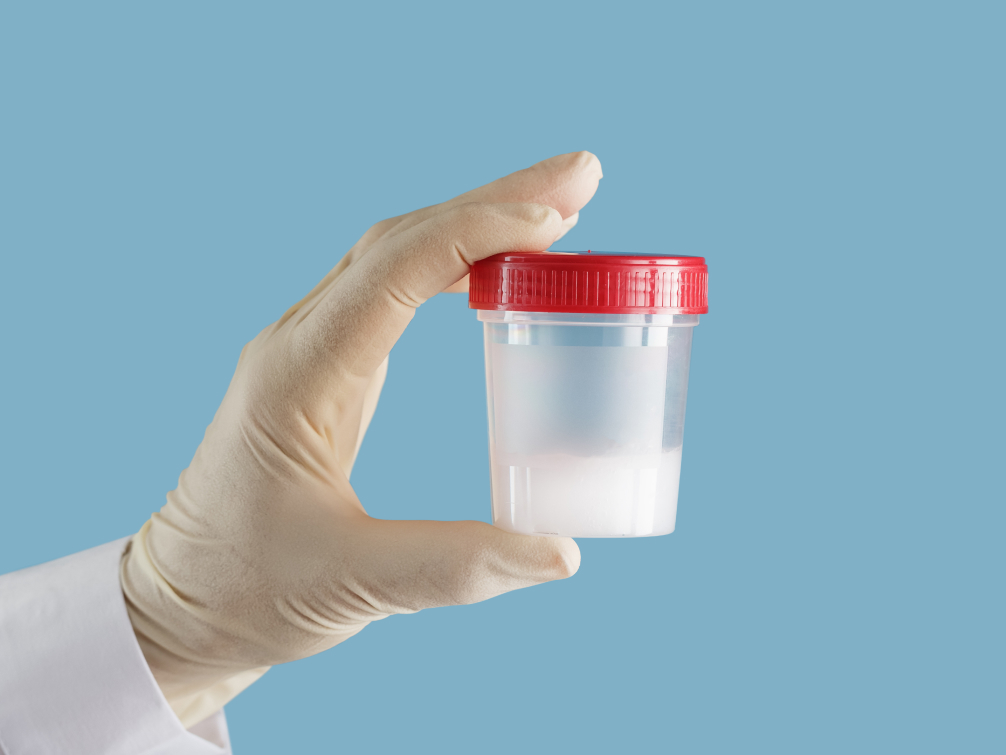
Sperm Donor
A fertility service that helps people and couples to conceive when male fertility is a problem is sperm donation. It entails utilizing a donor's healthy sperm to help achieve conception. For people who want to establish a family without a male partner or who are having issues with their fertility, this is a dependable choice.
Sperm donation supports assisted reproductive techniques like IVF (In Vitro Fertilization), IUI (Intrauterine Insemination), and ICSI (Intracytoplasmic Sperm Injection).
For those searching for a Sperm Donor in Chennai, our clinic provides thoroughly screened donors, advanced storage facilities, and personalized care to support your journey to parenthood.
Using a male sperm donor through our trusted sperm donor bank is a helpful option for many on the path to parenthood. If you're looking for a trusted Sperm Donor in India, Dr. Aravind’s In Vitro Fertilization Centre offers a safe and professional service. With expert care, modern technology, Dr. Aravind’s Centre stands as one of the top fertility clinics in India.
1. What is sperm donation?
Sperm donation is when a healthy male donates his sperm to help others have children.
2. Who can benefit from sperm donation?
Couples with male infertility, genetic issues, single women, and same-sex female couples.
3. What treatments use donated sperm?
Donated sperm is used in IVF, IUI, and ICSI fertility treatments.
4. What are the age requirements to be a sperm donor?
Donors must be between 18–39 years old.
5. What medical tests are required for donors?
Tests include screenings for diseases, genetic conditions, and a semen analysis.
6. Are there legal agreements for sperm donors?
Yes, donors sign contracts waiving parental rights and responsibilities.
7. How does sperm donation help families?
It offers hope to those unable to conceive naturally, enabling them to start a family.